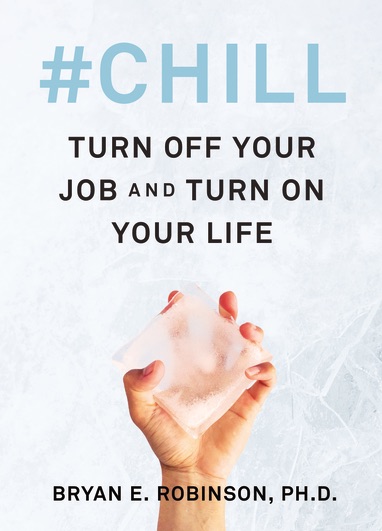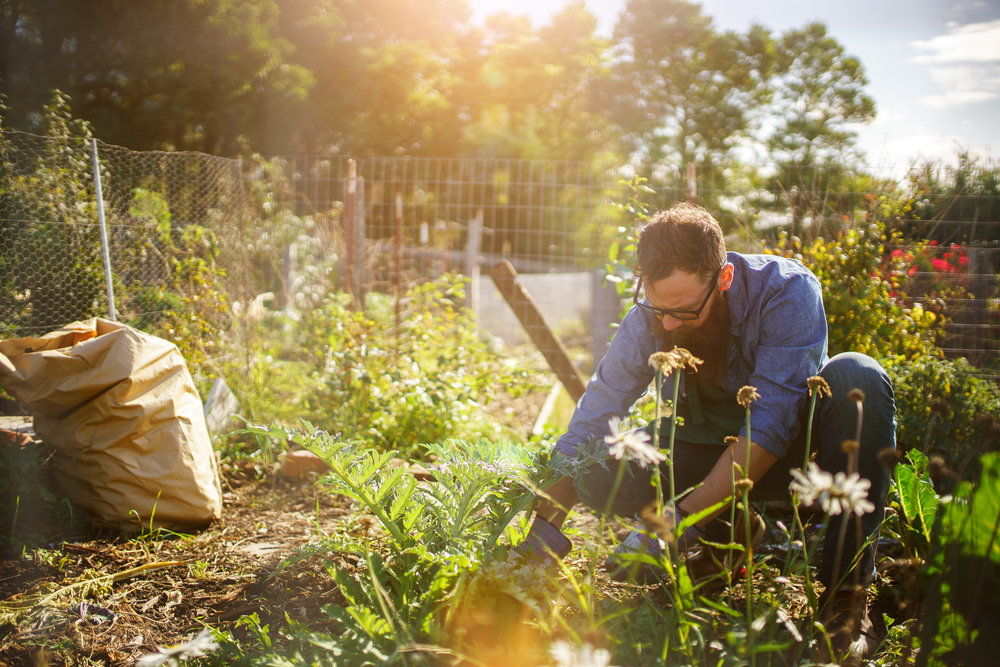In elementary school, the period I hated most was recess. When a teacher forgot to assign homework over Christmas vacation, I was the one who raised his hand to remind her. In high school, I wrote, directed, and produced the church Christmas play, designing and building the sets and acting the lead role of Joseph. Doing everything gave me a sense of control missing within my chaotic family, where furniture-breaking fights between my mother and father were a regular occurance.
In the throes of my adult work addiction, I needed my work — and hid it from others — the way my alcoholic father needed and hid his bourbon. And just as a child I tried to control my father’s drinking by pouring out his booze and refilling the bottle with vinegar, the people who loved me pleaded and tore their hair out trying to keep me from working all the time.
Every summer just before we left on vacation, my spouse, Jamey, would search my bags and confiscate any work I planned to smuggle into our rented beach house on the South Carolina shore. But however thorough the search, Jamey always missed the lightly folded papers covered with work notes that I had stuffed into the pockets of my jeans.
When Jamey and our close friends invited me to stroll on the beach, I’d say I was tired and wanted to nap. While they were off swimming and playing in the surf, I secretly worked in the empty house, bent over a lap desk fashioned from a board. At the sound of returning footsteps, I stuffed my papers back into my jeans, hid the board, and stretched out on the bed, pretending to sleep.
It’s only in hindsight that I can see I was a workaholic. Work was my sanctuary — my source of stability, self-worth, and protection against the uncertainties of life. I worked hard, yes, but I used work to defend myself against unwelcome emotional states- to modulate anxiety, sadness, and frustration. Jamey complained that I was never home — and that when I was, I didn’t listen — but my university colleagues called me responsible and conscientious. I even toiled through most of the day of my father’s funeral. While my mother and sisters broke bread with old neighbors, I was in my university office 25 miles away, working on a project so insignificant I no longer remember what it was. Jamey called me controlling, inflexible, and incapable of living in the moment — but the promotions, accolades, and fat paychecks built an ever stronger case against his accusations. I used them to vilify him: Why couldn’t he pull his own weight? Why couldn’t he be more supportive? Why was he constantly bothering me with problems that distracted me from building my career?
My life was crumbling under my feet, and I couldn’t do anything about it. Or so I thought. I didn’t smile. I couldn’t eat. I didn’t care if I lived or died. Even with my first book published, with other great projects in the works — I was a chain-smoking, caffeine-drinking work junkie, dogged by self-doubt. I had no close friends. My memory got so bad, members of my family wondered if I was developing early onset Alzheimer’s. I snapped at colleagues, and they snapped back. I couldn’t stop working.
When I entered counseling to “help Jamey with his problem,” the therapist confronted me about my work addiction and work-life imbalance. I joined Workaholics Anonymous, entered therapy, and stumbled into yoga and meditation. But what ultimately brought me through the ordeal was the practice of mindfulness meditation — present-moment attention to my feelings and a compassionate, nonjudgmental connection with myself. The practice helped me begin my climb out of the work stupor into a saner life. And Jamey and I started to understand the crack in the foundation of our relationship.
I started to see my life through fresh eyes, watching Jamey care for his orchids and realizing the wisdom contained in the pleasure I got from simply working in the yard. As I started to chill, much to my surprise, I discovered how much I relished the smell of cut grass, the sight of a hummingbird pollinating a flower, the feel of warm earth between my fingers and chats with neighbors.
Now instead of spending Saturdays in my basement office, I look forward to weekends of yard work, garage sales, and afternoon matinees with Jamey. When we go on vacation, I don’t pretend to nap anymore. I fish by the dock, walk along the shore, and sim in the surf. Learning to be mindful of the present moment has enabled me to enjoy and savor my life as much as I had once savored my endless work.

Follow us here and subscribe here for all the latest news on how you can keep Thriving.
Stay up to date or catch up on all our podcasts with Arianna Huffington here.


